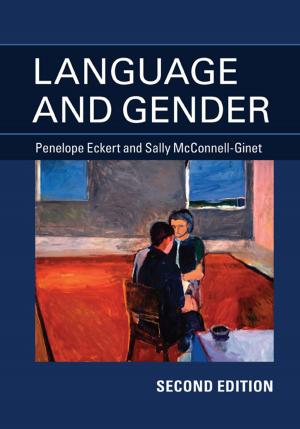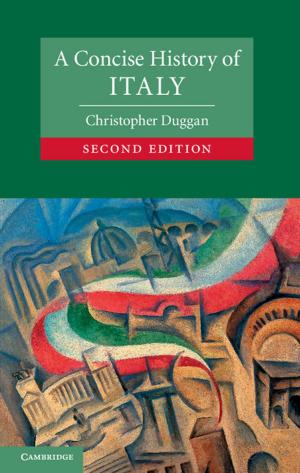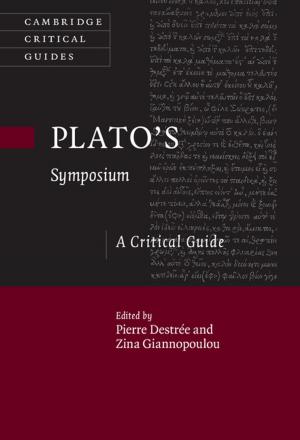The Politics of Munificence in the Roman Empire
Citizens, Elites and Benefactors in Asia Minor
Nonfiction, History, Ancient History| Author: | Arjan Zuiderhoek | ISBN: | 9780511738395 |
| Publisher: | Cambridge University Press | Publication: | April 27, 2009 |
| Imprint: | Cambridge University Press | Language: | English |
| Author: | Arjan Zuiderhoek |
| ISBN: | 9780511738395 |
| Publisher: | Cambridge University Press |
| Publication: | April 27, 2009 |
| Imprint: | Cambridge University Press |
| Language: | English |
In the first two centuries AD, the eastern Roman provinces experienced a proliferation of elite public generosity unmatched in their previous or later history. In this study, Arjan Zuiderhoek attempts to answer the question why this should have been so. Focusing on Roman Asia Minor, he argues that the surge in elite public giving was not caused by the weak economic and financial position of the provincial cities, as has often been maintained, but by social and political developments and tensions within the Greek cities created by their integration into the Roman imperial system. As disparities of wealth and power within imperial polis society continued to widen, the exchange of gifts for honours between elite and non-elite citizens proved an excellent political mechanism for deflecting social tensions away from open conflicts towards communal celebrations of shared citizenship and the legitimation of power in the cities.
In the first two centuries AD, the eastern Roman provinces experienced a proliferation of elite public generosity unmatched in their previous or later history. In this study, Arjan Zuiderhoek attempts to answer the question why this should have been so. Focusing on Roman Asia Minor, he argues that the surge in elite public giving was not caused by the weak economic and financial position of the provincial cities, as has often been maintained, but by social and political developments and tensions within the Greek cities created by their integration into the Roman imperial system. As disparities of wealth and power within imperial polis society continued to widen, the exchange of gifts for honours between elite and non-elite citizens proved an excellent political mechanism for deflecting social tensions away from open conflicts towards communal celebrations of shared citizenship and the legitimation of power in the cities.















